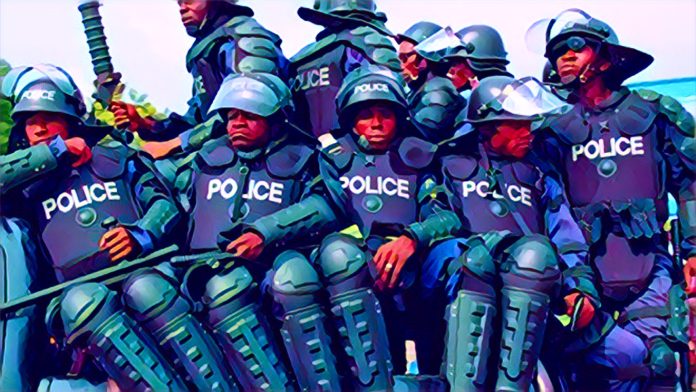KEY POINTS
- The ban on selling alcohol to on duty policemen created debate.
- Critics say the law wrongly punishes civilians for a police misconduct.
- It calls for accountability from the police and better relationship between the police and communities.
Debate has trailed the provision of the Nigeria Police Act 2020 that prohibits sale of alcohol to on duty policemen.
Furthermore there is the element of fairness and responsibility here, as Section 100(2) prescribes a fine of ₦50,000 on civilian who violates this rule.
An outrage over police buying booze
Enugu stakeholders, including media practitioners and civil society groups, discuss the contentious provision at a town hall meeting in the Southeast city.
Participants showed mixed reaction to the alcohol ban but supported other sections of the law.
Civilians shouldn’t be expected to impose discipline on officers who were trained with taxpayers’ money, critics said.
Some proponents of the rule were pitched as a means to encourage accountability among citizens, and a way to stop police misconduct.
Okechukwu Nwanguma, Executive Director Rule of Law and Accountability Advocacy Centre (RULAAC), commends the act, saying ‘it is a big deal,’ but that there is room for amendments.
Civil society seeks accountability in policing
PWAN organized the meeting which brought into focus the broader concern about Nigeria’s policing system.
Nnem Okeke, representing PWAN’s executive director, Kemi Okenyodo, said the organization helps improve security governance and citizen participation in countries across West Africa.
PWAN’s current project, under the Foreign Commonwealth Development Office (FCDO), is to know more of the Police Act 2020.
PWAN is further bridging the gap between police officers and citizens through research, advocacy, and capacity building programs.
Additionally, they seek to facilitate the full implementation of the act, and the protection of human rights, and public accountability.
Nigeria’s policing problems are historically systemic corruption, abuse of power and poor community relations.
PWAN also wants to help sensitise the public, train senior police officers, and help build trust and improve governance in the security sector.



